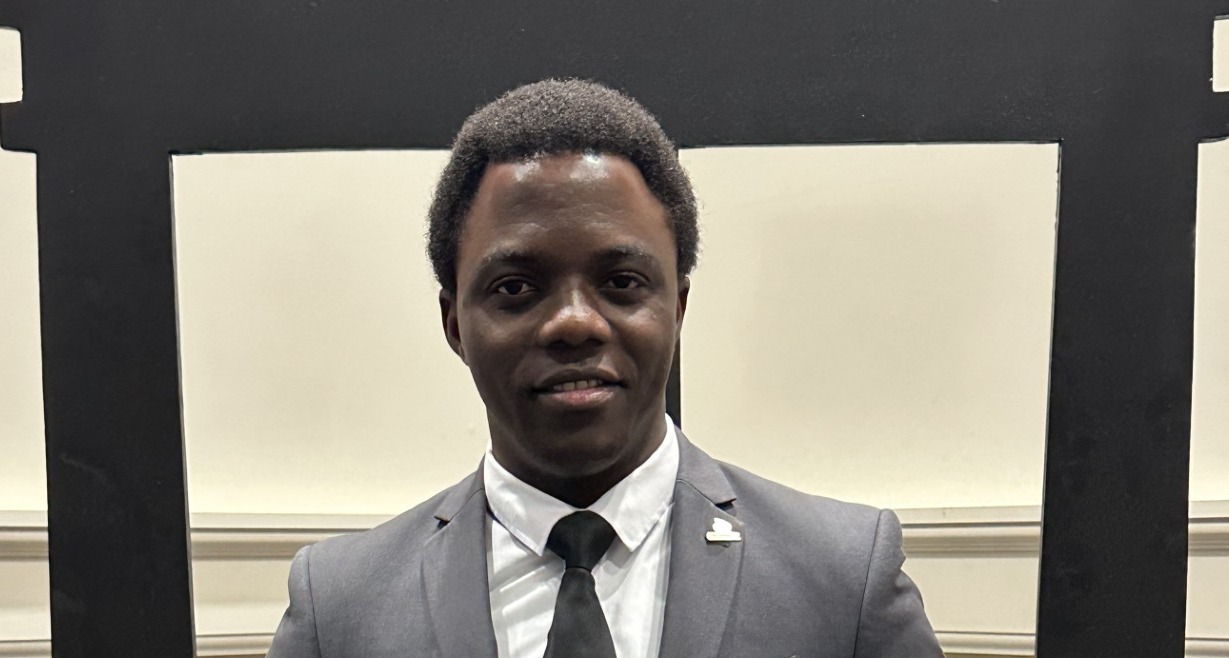
When Paradigm Initiative opened the DakataLIFE centre in Kano State in 2016, the timing couldn’t have been better for young girls in the State. Research carried out by the Centre for Information technology and Development (CITAD) in 2016 showed that over 60% of educated women in Northern Nigeria do not have access to the Internet. A subsequent survey in 2018 pointed out that 95% of the girls’ public schools in Kano do not have access to ICT resources. Even when girls attend schools, they are not being equipped with the digital skills that could make a positive impact on their lives.
The Life Skills, ICTS, Financial Readiness and Entrepreneurship (LIFE) program by Paradigm Initiative is a free 10-week digital training program that equips young people with the ICT and business development skills they can use to improve their earning potential. By ensuring a strict one person per computer policy, the training aims to teach young people from disadvantaged communities the digital skills the education system in Nigeria is failing to provide them.
A key challenge of the LIFE program in Kano had been getting enough girls to join the training. Paradigm Initiative instituted a mandatory gender ratio of at least 50% girls per training class. In the past, reaching that quota had been a challenge. Of the 29 students that graduated from the 2017A class, only 5 were girls.
A combination of sociocultural factors contributed to the low enrolment of girls into the Program. Many girls see computers as the domain of boys. They are often not encouraged to consider career options in ICT. Their parents also have a negative perception of cyberspace. Many parents revealed that they were against their daughters owning smartphones because they felt they would use the internet to browse pornographic sites. Without parental support, it becomes difficult for many girls to take steps to acquire digital skills.
The solution to this problem required a multistep approach. Before each training class, the program team in Kano held a guarantor’s orientation session during which they interacted with the parents of the incoming class. During these sessions, the importance of ICT in young girls’ lives was explained to their parents. Popular misconceptions such as the belief that the internet was only restricted to sharing pornography and social media were dispelled. It was also explained that the internet could be used to find information needed for school assignments. Also, if they wanted their daughters to have female teachers in schools and female healthcare staff in hospitals, they had to ensure their daughters could do well in school so they could become professionals.
Positive peer pressure was also used to encourage more girls to come to training. Each young woman who finished the training shared her experience with friends, siblings and neighbours. Some came to the centre because they were envious of the skills their friend had acquired and would also like to benefit from the same training. As female alumni proceeded after the training to secure higher institution admission, get jobs or start profitable businesses, they became role models in the community and people wanted to know their secret.
A series of short two day workshops in partnership with Intel West Africa called the Intel SheWillConnect workshops also served to introduce more girls to the importance of ICT skills. During the two day workshops, young girls, most of them in Senior Secondary School, were introduced to Microsoft office productivity tools, social media and the internet. Eager to learn more, the girls were encouraged to share what they had learnt in their schools and communities and to also join the training after they had finished Secondary school.
Eventually, the combined efforts paid off. For comparison, in the 2018C class, 16 girls and 20 boys graduated. In the latest class, the 2019A class, 18 girls and 16 boys graduated. This represents a huge improvement from the statistics of the 2017A class (5 girls and 24 boys). The girls are fiercely protecting their right to acquire digital skills and will not give it up easily. Even parenthood would not stop some of them attending classes. Maryam joined the LIFE training with the encouragement of her husband. During the interview, she mentioned she had a child and worried she would not be allowed to attend because of that. My answer to her was “Paradigm Initiative is not the kind of organisation that will stop you attending the training just because you have a child.”
The DakataLIFE program has come a long way since 2016. Achieving gender parity is just one of its successes. Sadly, the work we have done so far represents only a drop in the ocean. The glaring statistics of poor access to digital technologies by girls in the region and in public schools still remains. A lot more needs to be done by the Government and concerned individuals to ensure the dream of digital skills for every youth, especially girls becomes a reality.
This article was written by Umar Abdullahi for Paradigm Initiative.






